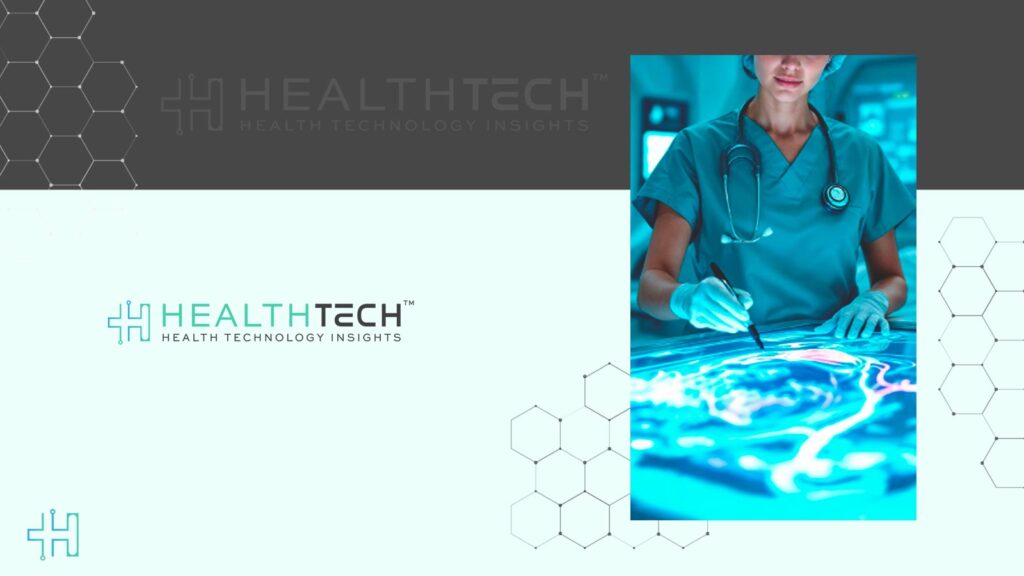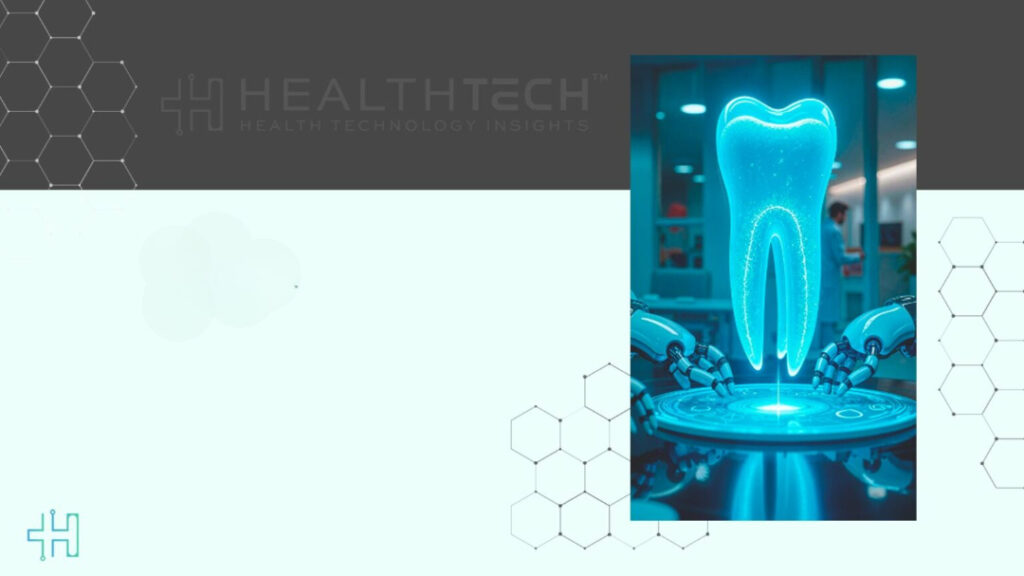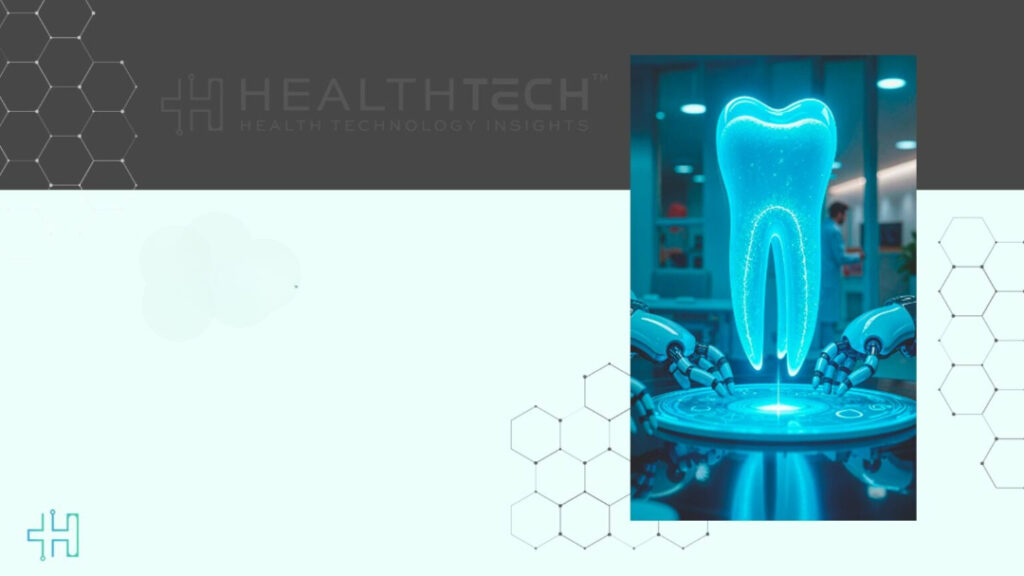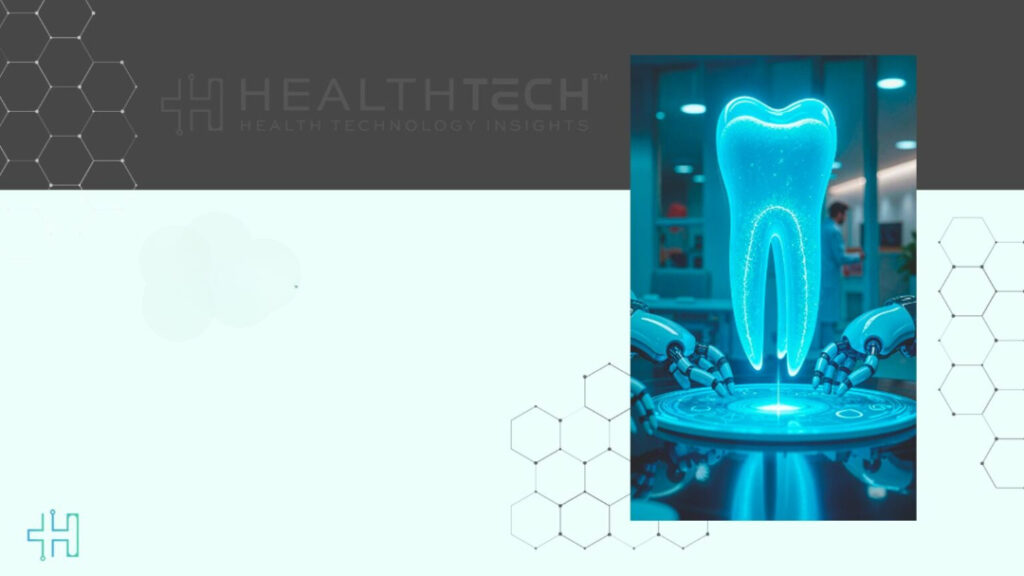The Alzheimer’s Disease Data Initiative (AD Data Initiative) has launched the Alzheimer’s Insights AI Prize, called “Accelerating Discovery with Agentic Intelligence.” This international competition is backed by Bill Gates and other partners. The prize offers $1 million to the team that develops the most creative agentic AI solution to help with Alzheimer’s and related dementia research.
The competition’s goal is to find AI systems that can plan, think, and act on their own to help make discoveries faster from existing Alzheimer’s data. The winning AI tool will be made available to researchers around the world through the AD Data Initiative’s AD Workbench. This platform is a secure, cloud-based research environment that lets scientists share, access, and study data from different sources.
Health Technology Insights: AvodahMed and Pulse4Pulse Team Up for AI Preventative Care
Alzheimer’s disease is expected to impact 152 million people by 2050. This growing health issue makes speeding up research more important than ever. Alzheimer’s research is complicated due to the disease’s complexity. It involves many biological pathways and can have different causes in each patient. It has taken over 100 years to develop the first disease-modifying drugs and the first blood-based diagnostic test approved by the US FDA.
“Niranjan Bose, Interim Executive Director of the AD Data Initiative and Managing Director for Health & Life Sciences at Gates Ventures, the private office of Bill Gates, said, ‘AI has the potential to revolutionize the pace and scale of dementia research — providing an opportunity we cannot afford to miss out on, especially with so many lives at risk. The Alzheimer’s Insights AI Prize is our call to the global innovation ecosystem to act with urgency. Over the past five years, the AD Data Initiative coalition has built a community ready to transform how we do Alzheimer’s research, and a robust data-sharing research environment to facilitate collaboration through the AD Workbench. AI shows potential to accelerate the path from data to discovery even further.'”
Health Technology Insights: Shilpa Medicare’s NorUDCA Makes History as First Approved NAFLD Therapy Worldwide
Unlike traditional AI, agentic AI systems can operate independently, making them especially useful for Alzheimer’s research. These systems can analyze a lot of data from various platforms. This helps researchers find insights that might otherwise be missed. Agentic AI is already being tested in other areas like cancer research to speed up discoveries and improve clinical decisions.
“Gregory Moore, Senior Advisor at Gates Ventures and the AD Data Initiative, said, ‘AI is opening the door for a shift from reactive to predictive research — identifying novel biomarkers of early disease patterns, optimizing clinical trial designs, and revealing unexpected opportunities for drug creation and repurposing. Perhaps AI’s greatest promise though lies in breaking down the walls between research teams, enabling secure, privacy-preserving collaboration across institutions and borders. When we unlock that kind of global, collective intelligence, we can radically accelerate every stage of the Alzheimer’s research pipeline in ways once thought impossible.'”
Applications for the prize will open on August 19, 2025. The competition invites proposals from AI and machine learning engineers, experts in computational biomedicine, Alzheimer’s and related dementias researchers, clinical specialists, tech companies, and multi-disciplinary teams. Semi-finalists will present their work at the Clinical Trials for Alzheimer’s Disease Conference in San Diego this December. The finalists will compete at the Alzheimer’s Disease and Parkinson’s Disease Conference in Copenhagen in March 2026.
Health Technology Insights: Zifo Launches AI App for Antibody Discovery on Snowflake
To participate in our interviews, please write to our HealthTech Media Room at sudipto@intentamplify.com







